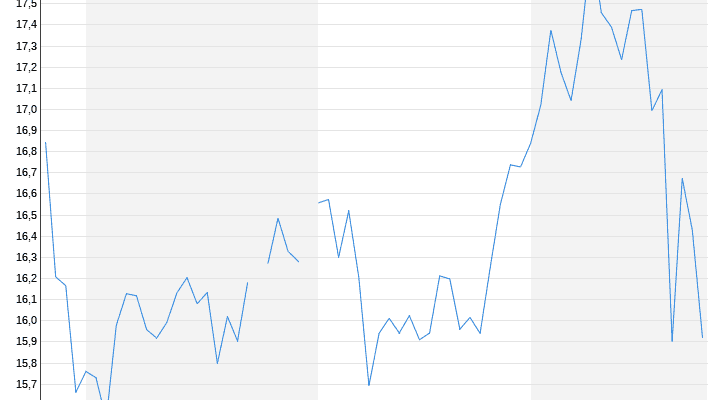Profitable US subsidiary
Telekom wants to earn more
02/24/2022, 8:11 p.m
Deutsche Telekom is setting the bar a little higher for the current year. The focus is also on the radio tower division and the US mobile subsidiary. The group is almost uninvolved in the question of sector consolidation.
Thanks to good business on both sides of the Atlantic, Deutsche Telekom intends to further expand its profits. “We’re raising the bar a bit higher for 2022,” said company boss Tim Höttges, whose contract was recently extended prematurely by five years. Accordingly, the DAX group is aiming for an adjusted operating result after leasing expenses (Ebitda AL) of 36.5 billion euros. On a comparable basis – and thus without the sold Netherlands business, among other things – this is an increase of five percent – after growth of 6.6 percent to 37.3 billion euros in 2021.
In the meantime, the US subsidiary T-Mobile US has become the most important pillar in the Bonn company’s business. More than 62 percent of the group’s sales of 108.8 billion euros were generated in the highly competitive US market with top dogs AT&T and Verizon. Telekom currently only holds 48.4 percent of T-Mobile US, but can fully consolidate the company. “The goal remains and is that we acquire the clear capital majority,” emphasized Höttges. However, he also has to keep an eye on the huge mountain of debt, which grew by almost twelve billion in 2021 to 132.1 billion euros. “In view of rising interest rates, investors are increasingly focusing on debt,” said Union Investment fund manager Andreas Mark.
Decision on cell towers awaited
In addition to the increase in shares in the USA and the cost-intensive infrastructure expansion, Höttges is currently working on the future of the radio tower division, for which he has received a number of advances – including from the Vodafone subsidiary Vantage Towers. “We are in the phase where we are considering exactly who is the right partner and who will give us the most attractive offer,” said the 59-year-old. The more than 40,600 locations in Germany and Austria earned a “premium rating”. Something could still develop in the first half of the year.
Mark said: “The capital market is expecting a decision on its own radio towers in 2022. The strategic decision-making process has already been initiated.” Post boss Frank Appel, who wants to be elected as the new chairman of the supervisory board at Telekom at the general meeting in April, should then accompany the process. The 75-year-old Ulrich Lehner is leaving the post for reasons of age.
The current efforts to consolidate the European telecom sector leave Höttges cold. “I doubt that Telekom will intervene there,” said Hoettges, referring to speculation about mergers in the Spanish and Italian markets. At the same time he referred to the successful and growing US business: “We have fought our way out of the corset of the European telecom market.”
According to Ingo Speich, head of sustainability and corporate governance at Deka Investment, the Bonn-based company could still have a hand in the game in Great Britain: “Deutsche Telekom’s participation in BT can play a role in the consolidation phase.” Telekom is the second largest BT owner with twelve percent.
Change of course at T-Systems?
Despite the challenges, Telekom’s European business has recently been going well. The group passed the four billion euro mark for the first time with Ebitda AL. The future of T-Systems remains unclear. Most recently, Telekom had set the course for a possible separation from its IT subsidiary. In the meantime, it says: “We have growth plans for T-Systems, which the management is consistently driving forward while keeping an eye on options for further growth on an ongoing and entrepreneurial basis.” The division recently received an order from the WHO to validate vaccination certificates.
After the Russian attack on the Ukraine, Höttges placed the safety of the approximately 2,000 Telekom employees in St. Petersburg in the foreground. “We have to think about how we deal with the people in the region,” said Höttges. This also includes the question of whether Telekom offers Visa. At the same time, Höttges identified a greater risk of cyber attacks.
